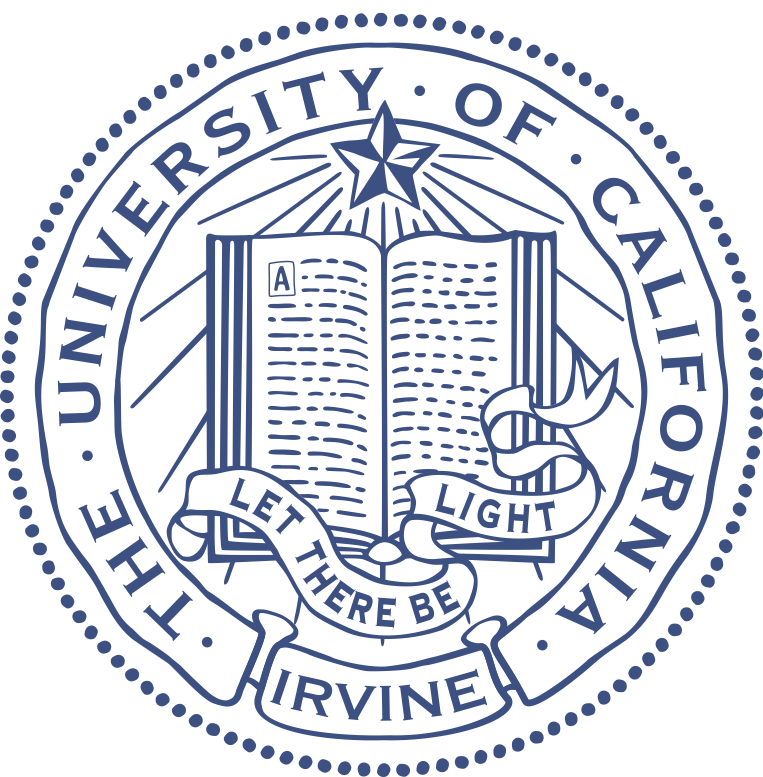The University of California Irvine

Founded in 1965, UCI is the youngest member of the prestigious Association of American Universities. The campus has produced three Nobel laureates and is known for its academic achievement, premier research, innovation and anteater mascot. Led by Chancellor Howard Gillman, UCI has more than 30,000 students and offers 192 degree programs. It is located in one of the world’s safest and most economically vibrant communities and is Orange County’s second-largest employer, contributing $5 billion annually to the local economy. UCI is a center for quality education that fosters passionate, enthusiastic and ongoing expansion of knowledge and approaches to scholarship. The University includes a number of Academic Units, including the Francisco J. Ayala School of Biological Sciences. The Ayala School of Biological Sciences was one of the original schools founded when the University campus first opened in 1965. The School is comprised of four departments focused in the following areas of biological research and education: Developmental & Cell Biology; Ecology & Evolutionary Biology; Molecular Biology & Biochemistry, and Neurobiology & Behavior. All of these programs are ranked in the top 20 percent or higher of national institutions according to National Research Council data. Each department has a comprehensive series of core courses for undergraduates that reflect the ever-expanding and developing field of biological sciences. The Ayala School also collaborates with many other units on campus to help further research in important fields. The Research Centers and Institutes that have significant participation from Biological Sciences faculty are either school centers, campus organized research units, system-wide centers or state-wide centers. Dr. Bruce Blumberg is Professor in the Department of Developmental and Cell Biology, with joint appointments in the Departments of Pharmaceutical Sciences and Biomedical Engineering. His laboratory studies the biology of nuclear hormone receptors in development, physiology and disease. Research in the Blumberg laboratory aims to understand how physiological, pharmaceutical and environmental nuclear receptor ligands pattern the vertebrate embryo and the links between exposure to endocrine disrupting chemicals and the development of obesity and cancer.
Main tasks in the project – UCI will lead WP4. UCI will lead Tasks 4.1, and 4.3 in WP4, participate in the development of assays for Task 4.5 and provide samples from these assays for analysis in Task 4.6. UCI will be responsible for deliverables 4.1, 4.2, 4.3 and 4.4
Main tasks in the project – UCI will lead WP4. UCI will lead Tasks 4.1, and 4.3 in WP4, participate in the development of assays for Task 4.5 and provide samples from these assays for analysis in Task 4.6. UCI will be responsible for deliverables 4.1, 4.2, 4.3 and 4.4
Prof. Bruce Blumberg is Professor of Developmental and Cell Biology, Pharmaceutical Sciences and Biomedical Engineering at the University of California, Irvine (USA) since 1998 and Visiting Professor, University of Tsukuba (Japan) since 2015. Prof. Blumberg and his colleagues originated the “Obesogen Hypothesis” which proposes that prenatal exposure to endocrine disrupting chemicals (EDCs) contributes to the burgeoning obesity pandemic. They found that certain EDCs could activate PPARγ and promote development of fat cells and that chemical obesogens such as tributyltin (TBT) perturb lipid homeostasis, adipocyte development, and adipose tissue function, predisposing exposed individuals to obesity